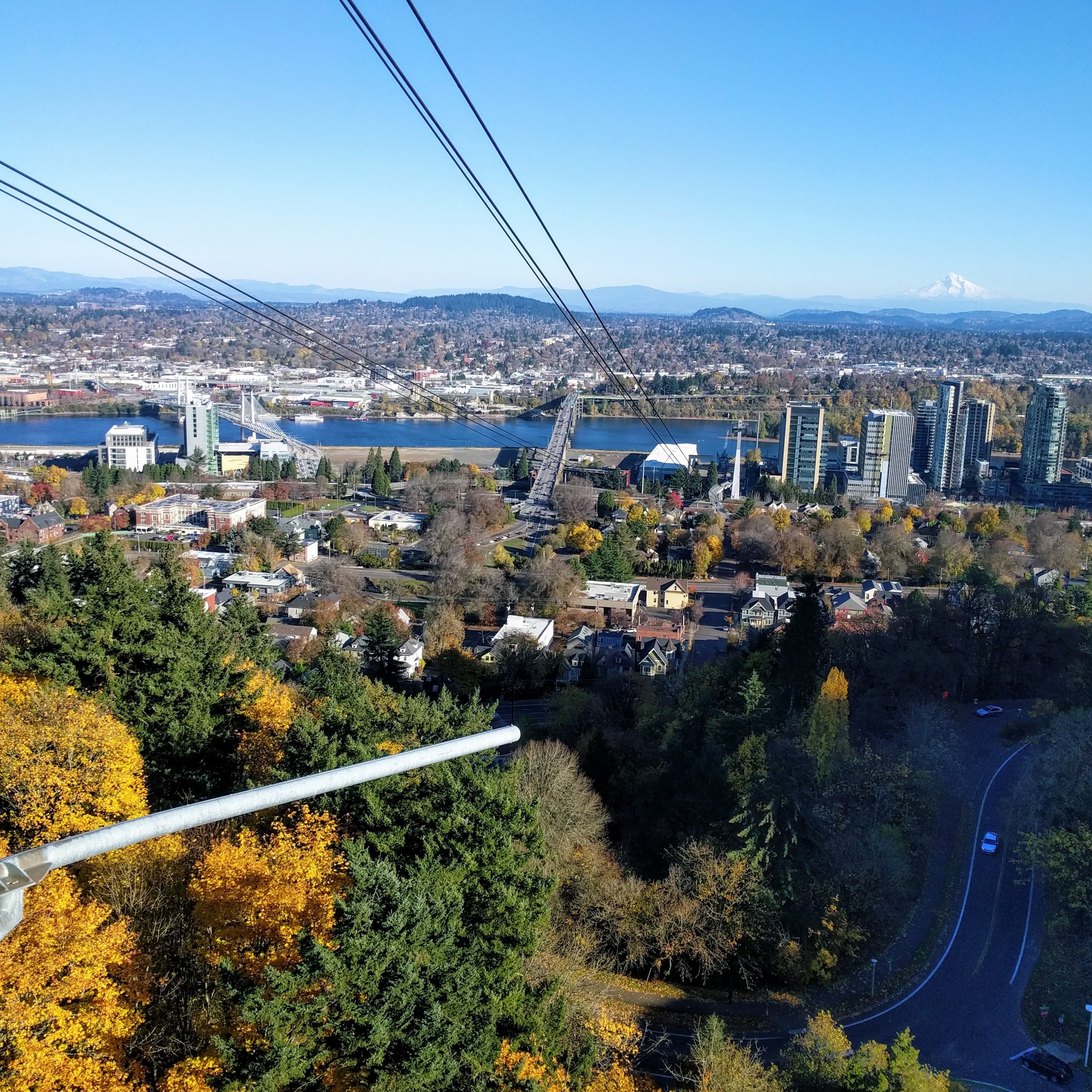The vibe in the room is getting tense. More and more, I hear people getting upset about the challenges we face, asking “how do we get them to listen?” But none of us like being told how things are or what to do. We all just want to be heard.
The Pacific Northwest is starting to prepare for an anticipated magnitude 9+ earthquake, expected to hit within the next 30 years. The scale of this earthquake is unprecedented in our nation’s history. Earthquakes are difficult to predict as precisely as we’d like, but geologists and other scientists have done a pretty good job of figuring out what damage it will do and what it will take to survive it. The hard part is the human element.
There are tons of obstacles to moving forward with solutions. We’d have to find a source for all the money to reinforce existing buildings for earthquake-resilience. Many Unreinforced Masonry Buildings in Portland are Churches and/or in black communities, which raises the question of racism in a state with such a racist history. People concerned with culture and housing Portland worry about historical Portland buildings being replaced rather than respectfully updated.

One of the biggest challenges of our society is that there isn’t necessarily a singular conductor to manage all the jobs and make sure every to do item gets checked off. Everyone has a fundamentally different outlook on how to approach challenges, and not all of them rely on a manager, such as the government. When looking at a big problem like climate change, food, or the impending earthquake, we tend to want to simplify its solution and tackle it all at once. Step 1: find the best solution. Step 2: implement said solution. But this is NOT how the world works. We all come a unique set of values and priorities.
Grid-group theory is a fascinating look at how we think the world works and how we approach challenges. My placement based on my EcoTypes report is mild egalitarian: I believe that we need strong social cohesion and a sense of love and belonging and I think there needs to be some structure of authority but not so much that it overpowers our individual potential. Where do you fit?
We don’t have time to find a perfect solution that reconciles the qualms of each position on the grid-group spectrum. Clumsy solutions have so far been successful in satisfying and honoring the needed variety of human angles while allowing us to progress in problem-solving. These kinds of solutions involve listening to all the concerned angles and patch together a plan that isn’t necessarily great, but makes everyone feel heard and protects their voices.
This goes back to the importance of engaging across boundaries, listening, and saying “yes, and…” Oregon’s upcoming big one is a perfect example of a challenge that needs cooperation of all sides because the impact to each side is so obvious and huge. People from all areas are needed in order to begin planning for this event – transportation, housing systems, advocates for racism and equality, health care providers, cultural defenders, the list goes on. No matter which part of the grid-group chart you land in, you are definitely against the devastation the Pacific Northwest faces.

